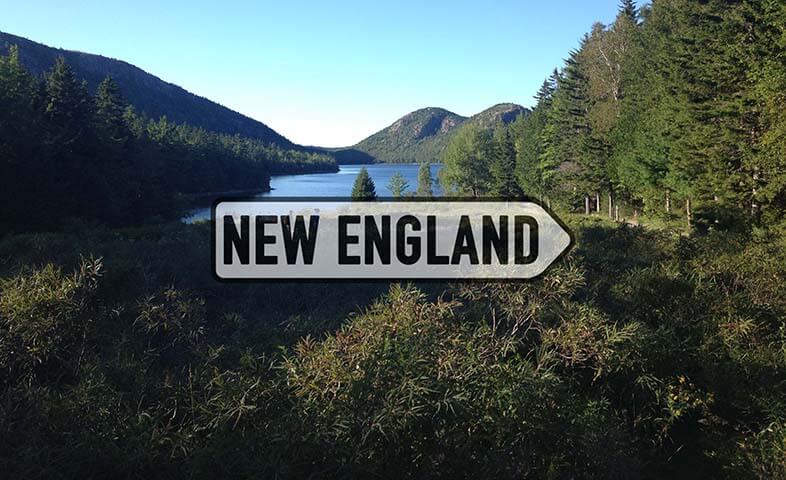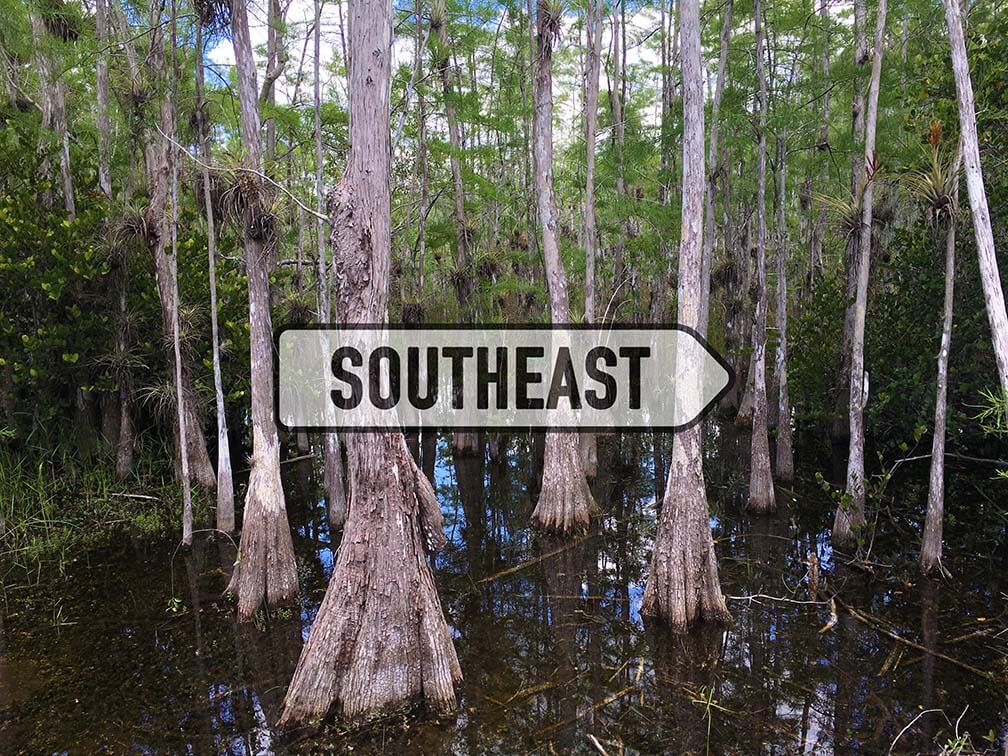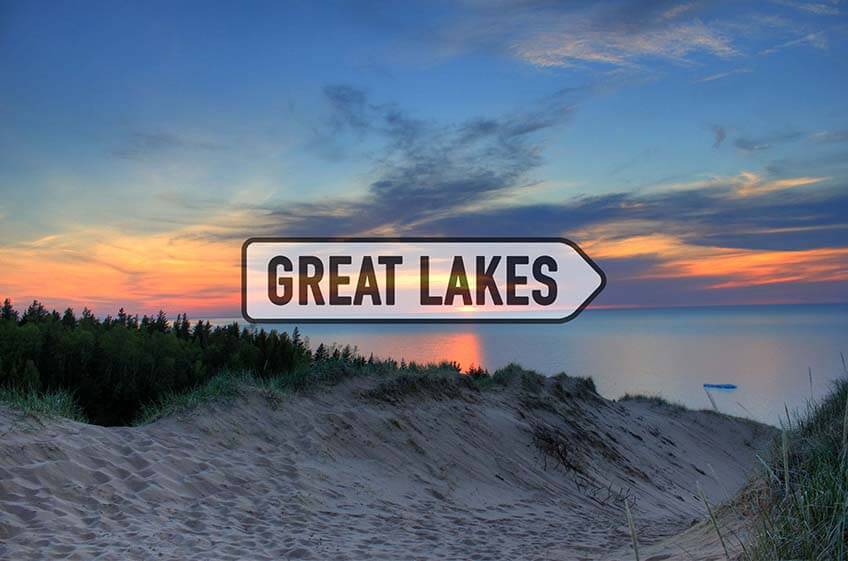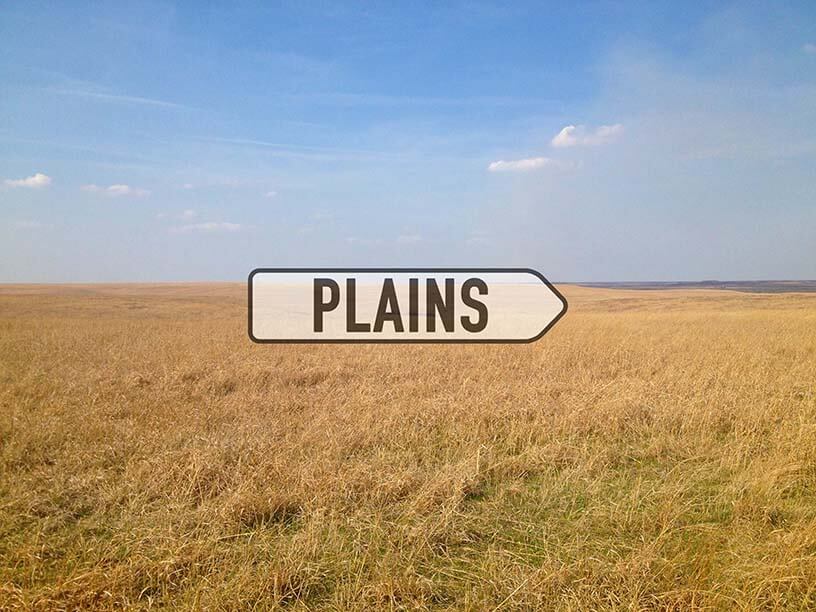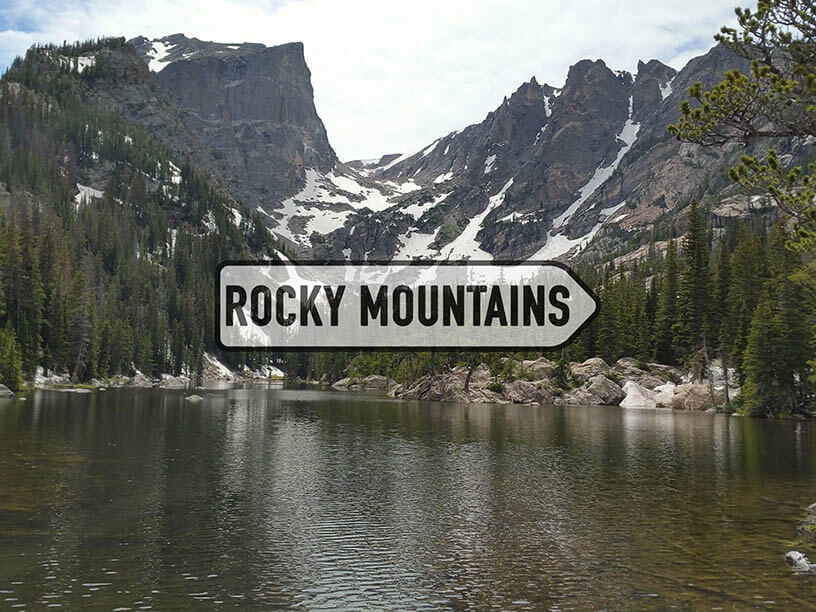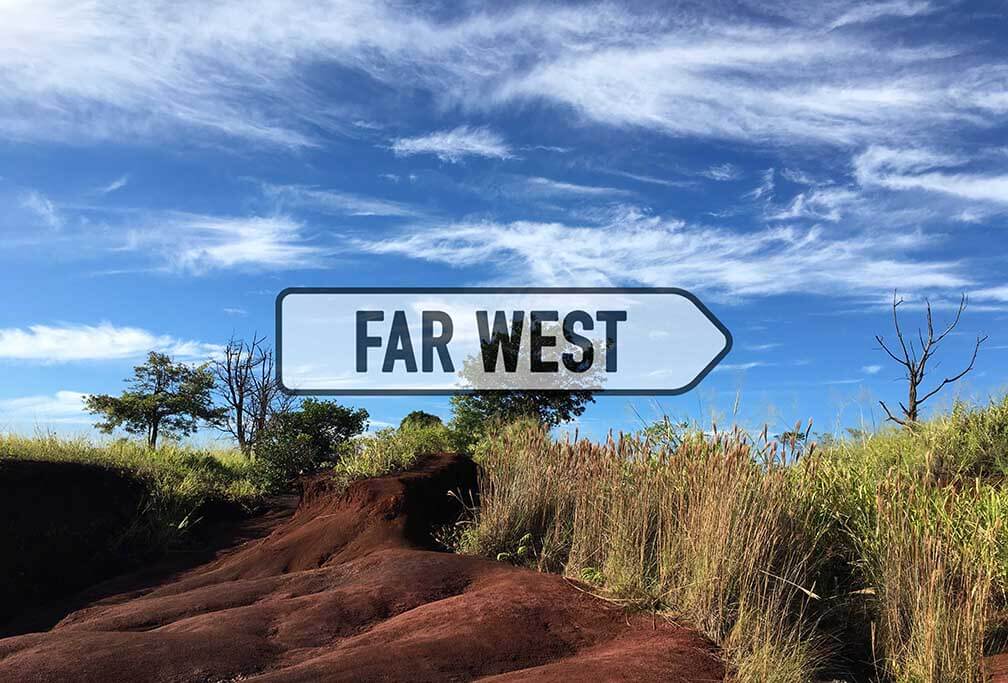Out of Instinct
By Kristine Jepsen
It’s autumn in Wyoming, Bighorn National Forest, 8,500 feet. The air is warming as I crunch gravel toward the sun, rising over the stunted high-country brush, flooding the narrow slot carved by the road between towering spruce and fir. I walk through pockets of scent: frost-shocked sage, then deep forest damp, then bright, baked stone.
I’m out here at sunup, a mile or so from where my husband, nine-year-old daughter, two horses, one mule, and I have camped, to exercise our young terrier. As I amble, she bounds in and out of shadow in the trees, running nose to the wind, the shag of her beard streaming.
She’s young, this dog, and used to roaming on our cattle and crop farm in Iowa. She listens, but barely, when I call her back from this wilder instinct. Just now, she steps out from behind a tree and fixes me for a black-eyed second, as steeled for the predator’s chase, it seems, as to run toward me, her rump wagging. It’s carnal, I know, to act fast on what we see, and to pursue what has been pursued before. Inescapable, almost.
The truth is that I nearly didn’t arrive at this dead-end trailhead, designated Bucking Mule Falls on maps, with a new dog in my orbit. Exactly one year ago, burnt by everything that can kill a marriage, I was getting used to answering my daughter’s singular question: “Where’s Dad?”
“He’s not here.”
It was the best I could do, as my private wrestling with all the reasons why—and keeping them from her—a flailing, bloody, righteous pity, did not come naturally to me.
For the first time in decades, as they say, I slept with the big demons, exposed and ravaged as this rocky landscape: Uncertainty. Rage. Fear-grief. Then, the tender, piercing questions in my own dark den: Fulfillment? Trueness to myself? Compliance? Complacency? But as seasons pass, I’m tired of feeling self-absorbed and stripped away, cortisol high and tolerance for bullshit low.
We’re are fight or flight, my husband and I, obvious to anyone. Where he will scheme and slash, I pick up windfall, surprised by what makes me happy.
Bighorn National Forest, photo by Kristine Jepsen.
Together, we have one living child, who already chooses sides, switches fidelity, when her delicate tuning picks up our discord. She is a lover of horses, though, the driver of our obligation to each other and the hazel-eyed, curly-blonde reason we’re still out here, challenging the natural order of how things live and die.
This autumn is our first trip with stock and a trailer we can sleep in. We stay in horse campgrounds with hitching posts, sometimes feed bunks and corrals. I hadn’t known these existed, but of course they do. Traveling with 1,200 pound animals isn’t simple. The key is fresh water: you have to haul or lead horses to gallons of it, daily. We end up filling buckets from diesel-greasy gas station hoses along the way.
Bucking Mule Falls Trailhead has a steel hand-pump well, painted stormy blue, in the center of its gravel parking loop. In addition to the horses’ water, filmy with grass chaff, I fill a dishpan, lumpy solar-shower bags, and a tea kettle. My hands go pleasantly numb in the spring-cold water, and I watch bacon grease ferry away on soap bubbles, congealed flecks floating over the well’s cement pad and into the black, silty earth.
“For good sanitation, do not cook or wash clothing at water station,” a steel sign advises. But it says nothing about dishes that are already dirty.
***
I'm new to riding a horse and I spend a lot of time bouncing in my saddle. I understand that I should feel the gait, my hips rolling, firmly seated, but no.
This is funny to my daughter, the better rider, and she giggles when she’s following me at a fast trot and sees me lose my shit, vibrating nearly off one side of my saddle or the other.
“Mom!” she yells. “Go faster! Lope! Can we?”
I laugh, too, which scares my young horse a little. I know for a fact he may leap sideways and dump me without regret, at a wavering branch, light glinting off the tiniest piece of discarded candy bar wrapper, the ripples in black plastic culvert—anything he hasn't seen before.
My husband was a professional farrier, a horseshoer, before we built a cattle and grain farm together, and his familiarity with these beastly bundles of nerve and power makes him confident, too. I would not be out here without him, hooking and unhooking the trailer--and more important, backing it into and out of tight spots--stringing a high line between trees to tether the horses at night, and jury-rigging new leather tack when I drop a rein and my horse steps on it, snapping it off the headstall.
Still, I’m wary, alert to the smallest differences.
Bighorn National Forest, Shutterstock.
***
In the Bighorns, we ride out-and-backs from our camp, making our own loops in the high-country scree. We tie our horses to gnarled Douglas fir to take pictures of Devil’s Canyon, gaping as far as we can see to the southwest. Bucking Mule Falls appears a wisp falling from the northern rim, though its cascade is 500 feet or more.
From here, the canyon, the brokenness, seems slow and wide and gentle, though when you get close to the edge, your inner ear rings with warning that it’s a drop of 1,000 feet to the floor. This incongruence of near and far make me dizzy, and we comment to each other that the view slides slightly out of focus every few seconds.
I take a picture of my daughter and my husband, puppy in arms, as far out on the shaley outcropping as we want the dog to wander. The midday light is too harsh and makes our girl’s blonde hair evaporate in flat glare, but this is when we’ve arrived here, and it’s something I will want her to remember. Something we all will remember.
The water that washed millennia of stone to form this canyon flows too steeply below us, out of sight. It makes its way westward, contributing, now, to Bighorn Lake, a reservoir above a dam built in 1967. The arbitration of this critical resource is embedded in the landscape now, too. It’s hard to tell what happens of its own power and what happens by manufactured force.
Marriage is also a societal construct, my husband maintains, with no basis in biology, in nature. I believe this now, too.
There are no good instincts to trust, then, when you decide to stay.
Kristine Jepsen is a grant-writer and farm business owner in Northeast Iowa. Her creative nonfiction has been named the winner of the 2017 Diana Woods Memorial award at the journal Lunch Ticket and was selected a finalist by Proximity Magazine. She's writing a memoir about founding a local-foods brand as the movement itself came of age, a project that landed a spot in AWP's Writer-to-Writer mentorship program. Visit her at kristinejepsen.com, and read more of her work at justbecauseisaid.com and differentbirds.com.





